
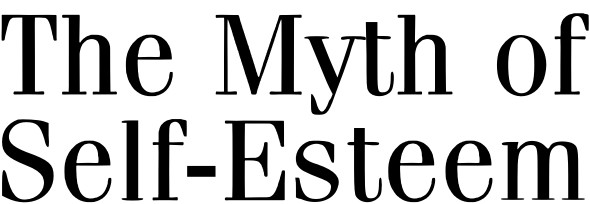

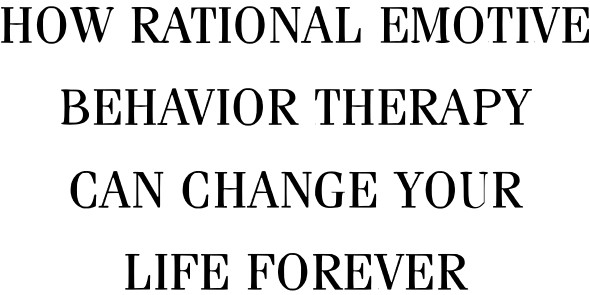

ALBERT ELLIS


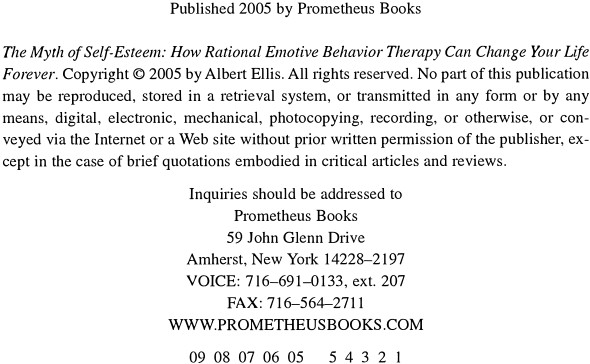
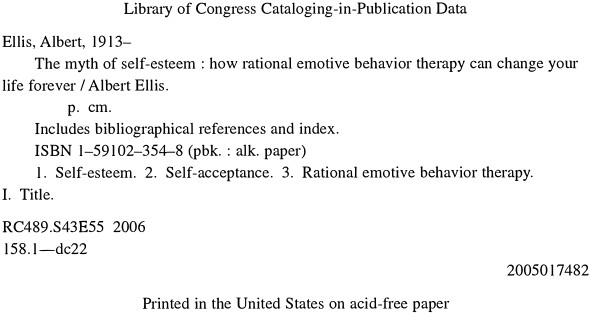
To Debbie Joffe, who has been of tremendous help in getting out this book. Immense thanks!




To Kevin Everett Fitzmaurice, Emmett Velten, James McMahon, and Shawn Blau, who read this book in manuscript, made valuable contributions, but are of course not responsible for any of its contents, and to Tim Runion, who did a fine word-processing and compiling job.



 s self-esteem a sickness? That's according to the way you define it. In the usual way it is defined by people and by psychologists, I'd say that it is probably the greatest emotional disturbance known to man and woman: Even greater than hating other people, which seems somewhat worse, but is perhaps a little better.
s self-esteem a sickness? That's according to the way you define it. In the usual way it is defined by people and by psychologists, I'd say that it is probably the greatest emotional disturbance known to man and woman: Even greater than hating other people, which seems somewhat worse, but is perhaps a little better.
Why does hating and damning other people seem worse than self-esteem, which almost always leads to self-hatred? Well, it obviously results in fighting, acting against, war, and genocide. Pretty dramatic! While self-hatred produces more subtle resultslike despising yourself but not necessarily committing suicide. Living with your self-lambasting.
Let me spend some time trying to clearly define self-esteem and self-disesteem. This won't be easy, since definitions have been vague and overlapping for the past century. But for the purposes of this book, here goes!
Self-esteem: You rate your self, your being, your personality, your essence, your totality, in terms of two main goals: (1) Your achieving success or effectiveness in your accomplishments. Your school, your work, your projects. When you succeed in getting what you want (and avoiding what you don't want), you say that is good. Great! But you also rate yourself and say, "I am a good person for succeeding!" When you fail to satisfy your achievement goals, you say, "That is bad; and I am bad."
(2) When your goal is relating well to other people and you actually relate well and win their approval, if you tie up your relating to your self-esteem-your worth as a person-then you tell yourself, "That is good!" and also, "I am a good and worthy person!" If you fail to win the approval of significant others, you then rate your effort and your self as unworthy.
That seems quite clear-and clearly gets you into trouble. As a fallible human, you can't help failing at work and at love, so your self-esteem is at best temporary. Even when it is high, you are in real danger of failing next time and of plummeting down again. Worse yet, since you know this after awhile, and you know that your worth as a person depends on your success, you make yourself anxious about important achievements-and, very likely, your anxiety interferes with your performances and makes you more likely to fail.
Rotten go! Your need for self-esteem makes you less likely to achieve it and more anxious when you do. Unless, of course, you are perfect which is highly unlikely.
Realizing this some centuries ago, some philosophers-Asian and Greek and Roman, among others-invented self-acceptance. They said you could constructively choose to always have what is called unconditional self-acceptance (USA) by merely strongly deciding to have it-and keep it. Simple!
To achieve USA, you still pick an important goal-such as work or love-and you evaluate its achievement as good or bad, successful or unsuccessful. But-watch it now!-you refuse to rate or measure your self, your being, as "good" or "bad." You realize, along with a modern philosopher, Alfred Korzybski, that your performance is part of you, but certainly not all of you. You did it and are largely responsible for it. But it is a single performance, can easily change (be better or worse) tomorrow, and is always-yes, always-one ever-changing aspect of you. As Korzybski said, you are not your behavior. You are that and thousands of other behaviors-good, bad, and indifferent.
So you accurately tell yourself, "I did that desirable or undesirable act. It certainly did not do itself! I did it with my little hatchet; and I will-because of my talents and fallibilities-do many more desirable and undesirable behaviors. But I am not my acts just a person who behaves well and badly."
Period. You evaluate the efficacy of your thoughts, feelings, and actions; but you don't rate or measure your total self or efficacy. In fact, you can't because you are a changeable individual. You are not static. You grow, develop, progress-and retrogress. Why? Because you do.
Is this the only way you can get unconditional self-acceptance? No. You can get it indirectly, by convincing yourself that somebody gives it to you gratuitously-say God, your fairy godmother, your mother, a therapist, or someone else. But, first of all, you would have to prove that that spirit or person gives you USA. Otherwise, you really give it to yourself-which, fortunately, you can do. Instead of saying that God (or the devil!) gave you USA, why not merely say that you did? That's more honest! You saw that conditional self-acceptance (CSA) wouldn't work, so you decided to give USA to yourself unconditionally. Why not?
Next page
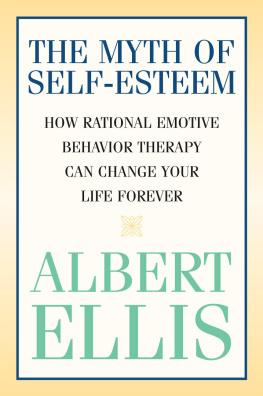
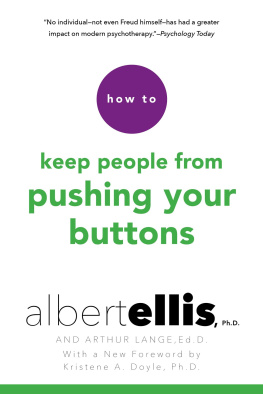
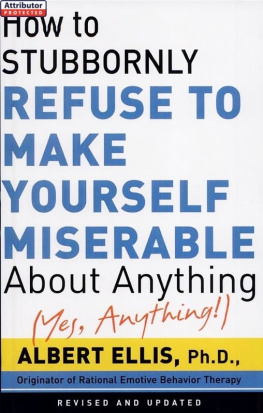
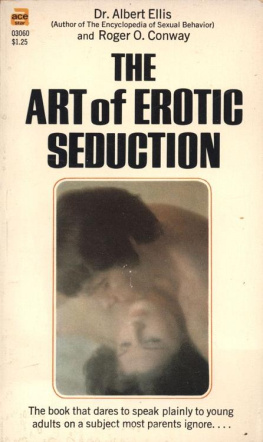
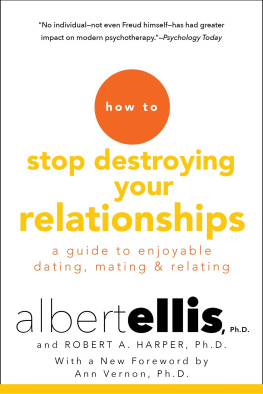
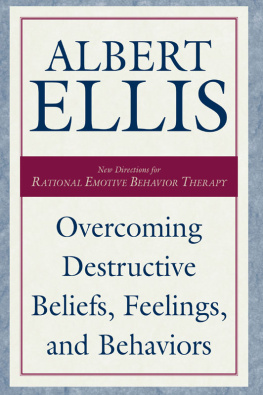


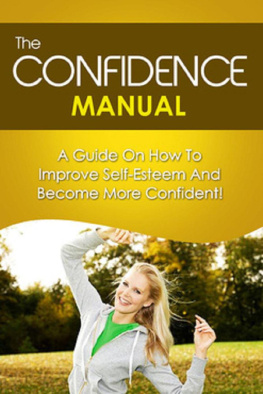
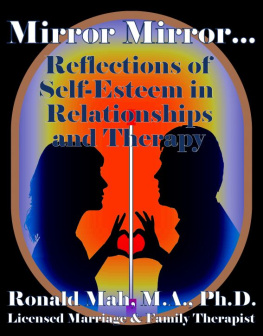
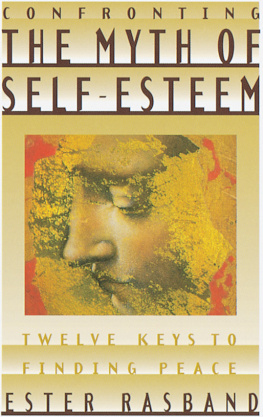
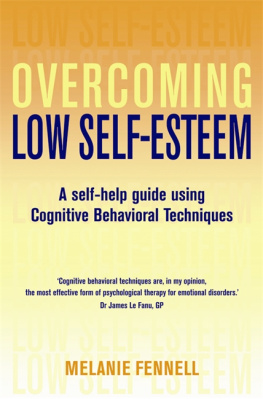
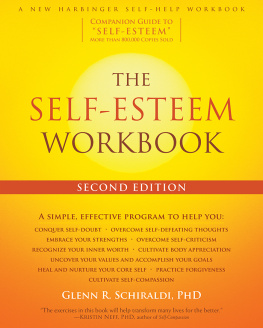

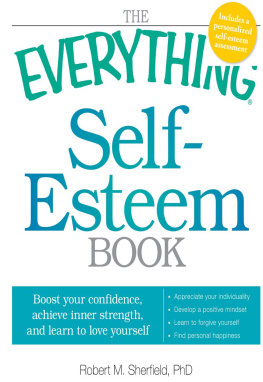
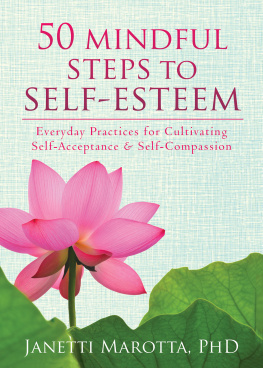
















 s self-esteem a sickness? That's according to the way you define it. In the usual way it is defined by people and by psychologists, I'd say that it is probably the greatest emotional disturbance known to man and woman: Even greater than hating other people, which seems somewhat worse, but is perhaps a little better.
s self-esteem a sickness? That's according to the way you define it. In the usual way it is defined by people and by psychologists, I'd say that it is probably the greatest emotional disturbance known to man and woman: Even greater than hating other people, which seems somewhat worse, but is perhaps a little better.